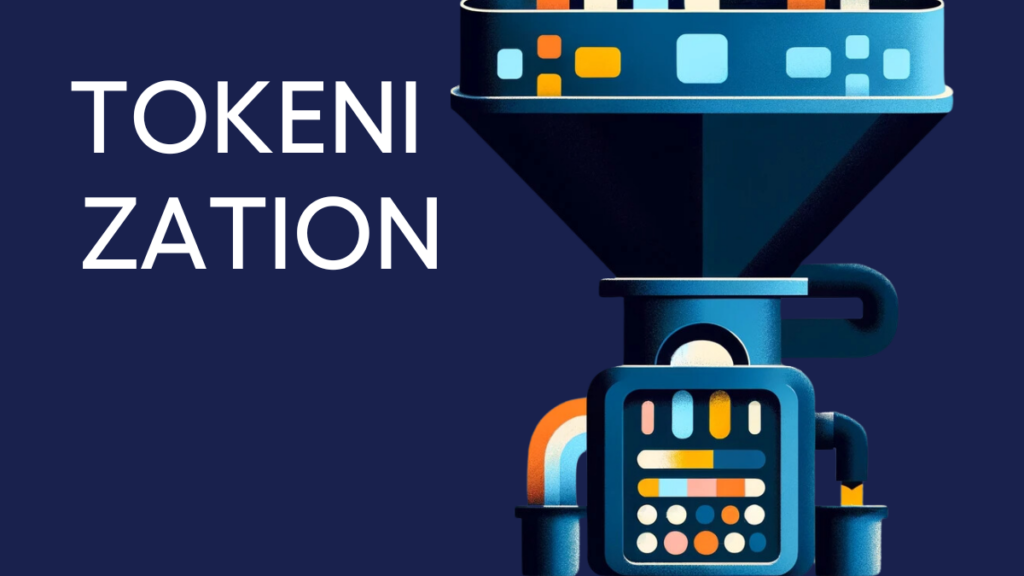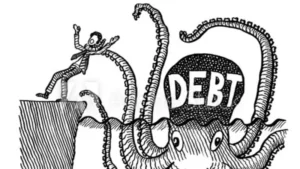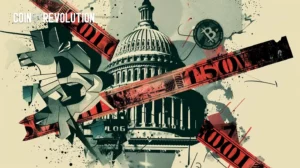
Tokenization Still a Fraction of Global Assets Despite Bitcoin’s Resurgence
Despite the recent resurgence of interest in cryptocurrencies like Bitcoin, tokenization remains a tiny fraction of global assets. While some experts predict that it could have an impact even greater than the internet, the technology has yet to make significant progress.
According to data, only around 67,530 entities, mostly institutions, have adopted asset tokenization outside of stablecoins, which is a mere 0.003% of the total value of global assets. This slow pace has been attributed to the lack of a clear regulatory framework in the US, leading authorities to treat tokenized securities as cryptocurrencies.
However, there are signs that this situation may be about to change. The Trump administration’s new regulations are expected to favor tokenization, and major financial players like BlackRock have already launched tokenized funds. Companies such as Visa and Mastercard are also developing platforms to facilitate the issuance of fiat-backed tokens.
Mastercard’s Raj Dhamodharan highlights that this trend will not only reduce costs and transaction times but also make assets more liquid and accessible to a broader range of investors. Tokenized assets under management are expected to reach $600 billion by 2030, a significant increase from the current $2 billion.
Despite the potential benefits, some experts have raised concerns about the risks associated with tokenization. Ondo Finance’s Nathan Allman notes that this technology could lead to the sale of mispriced assets to unsophisticated investors. Capco analyst Ervinas Janavicius also cautions that significant work remains before tokenization can fully realize its potential and transform financial markets in the long term.
In conclusion, while tokenization shows promise, it is crucial for regulators to create a clear framework to ensure responsible growth and adoption of this technology.
Source: crypto-economy.com


